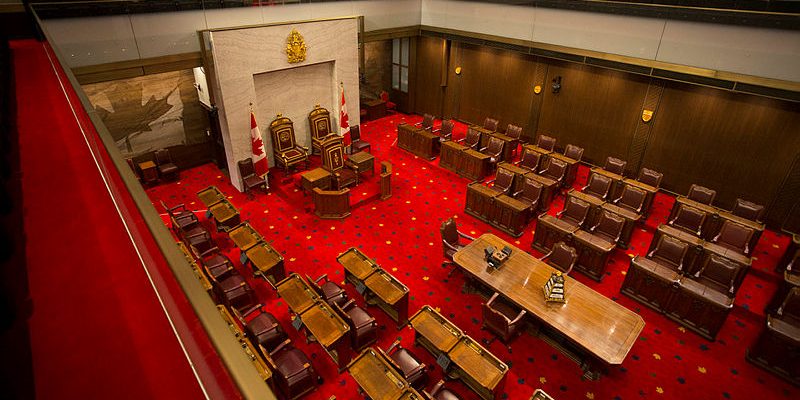A new session of Parliament is a time to recommit to some basic principles

The opening of the 45th Parliament this past May was followed by five frenetic sitting weeks that can be characterized as anything but normal. The palpable sense of urgency to respond to substantial challenges occasioned broad agreement in Parliament to act with exceptional speed to study and pass legislation to break down internal trade barriers, and build up national infrastructure.
The momentum to quickly pass government legislation in the first weeks of the new Parliament was a distinct contrast to the final months of the last one, in which parliamentary gridlock effectively stalled the movement of bills through both chambers.
While the challenges facing Canada will undoubtedly continue to require Parliament to act with agility, the experience of the past year—of pressing action and prolonged inaction—gives pause to reflect on how Parliament can fulfil its legislative responsibilities in a robust and efficient manner. Looking at the Senate’s distinct role as a chamber of sober second thought, there are some basic principles of parliamentary process that we should carefully maintain to ensure that the 45th Parliament functions in the best interest of Canadians.

The first basic principle is to follow the established legislative process when we consider bills. Exceptional circumstances will always call for exceptional measures, as we saw with Bill C-5 last spring. Governments will understandably always push to get their agenda through Parliament as quickly as possible, but expediency should not dispense with our usual legislative process. One concerning deviation that has been growing over recent years is the use of pre-studies to accelerate the progress of bills through the Senate. Pre-studies were originally intended to augment the study of complex fiscal legislation, but they have applied in recent years to bills related to a wide range of substantive policy matters. Concurrent study of legislation in the House of Commons and the Senate contradicts a key purpose of our bicameral system, in which the second chamber gives second review to bills.
Secondly, the government’s desired timeline for passing bills through Parliament should ensure that the Senate has the time necessary to complete its legislative review, including accounting for time for the House of Commons to consider any Senate amendments. Our two-chamber system was deliberately designed for regional representation and minority interests to be integral in the lawmaking process. The Senate’s role exists in dialogue with the House of Commons, but too often, in the rush to pass bills before adjournment periods, Senators face pressure not to make amendments because MPs have left Ottawa. This problem is especially acute in minority Parliaments when the spectre of dissolution is a constant guillotine over bills before the Chamber. Time crunches, notably in June and December, too often truncate fulsome review of bills in the Senate.
Finally, Senators have frequently raised the problem of omnibus budget bills that include measures that have nothing to do with the budget. Every proposed law needs to be presented transparently, debated deliberatively, and voted on consciously. Unfortunately, budget implementation bills have become a convenient means for governments to shield substantive policy matters—including controversial issues—from full legislative scrutiny. In recent memory, important changes related to privacy rights, competition reform, and amendments to the Criminal Code—to name but a few—have been tucked into budget bills and quickly passed through Parliament. With a fall budget expected in the months ahead, any accompanying implementation legislation should focus on economic policies, which are substantial and pressing enough in their own right.
The first session of the 45th Parliament is effectively getting underway next month, following the unusual bustle of the opening weeks last spring. There will undoubtedly be a hefty legislative load that will affect the lives of Canadians in every region of the country. Let’s get back to basics by ensuring that every bill receives separate, substantive, and sequential review. Our lawmaking process, developed and maintained over centuries, is profoundly important to our democracy. The robustness of our democratic institutions is a significant part of what makes Canada strong, and it is ultimately the responsibility of parliamentarians to ensure that the principles on which our system is built are faithfully upheld.
Scott Tannas is a Senator for Alberta and leader of the Canadian Senators Group.
The Hill Times





 LICENSING
LICENSING PODCAST
PODCAST ALERTS
ALERTS


